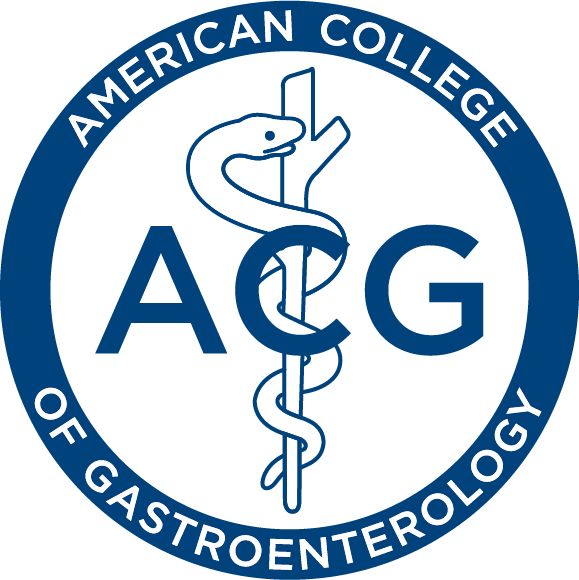For people with average risk, the American College of Gastroenterology recommends screening colonoscopy every 10 years beginning at age 50. Although it is thought that women may develop colorectal polyps later than do men, a new study presented at the 67th Annual Scientific Meeting of the American College of Gastroenterology suggests there is no evidence to support revising the screening guideline from age 50 to age 60 for women. An analysis of data from 1,328 consecutive women who had a screening colonoscopy for colorectal cancer revealed that the proportion of women in their fifties who had polyps was nearly as high as the proportion of women in their sixties who had polyps.
ãNearly all colorectal cancers develop from adenomatous polyps, and these polyps have malignant potential. Thus, most colorectal cancers can be prevented by removing these premalignant polyps from the body,ä said Philip S. Schoenfeld, M.D., of the University of Michigan (Ann Arbor). ãOur analysis demonstrated that women 50-59 years old and women 60-69 years old had similar prevalence of colon polyps.ä
Dr. Schoenfeld and colleagues from other institutions÷the Uniformed Services University of the Health Sciences (Bethesda), National Cancer Institute (Bethesda), and Oregon Health Sciences University (Portland)÷compared colonoscopy results for asymptomatic women aged 50 to 59 and aged 60 to 69. Women were excluded from the study if they reported having a colonoscopy or barium enema within the last 10 years, or flexible sigmoidoscopy within the last 5 years. The researchers also excluded women with iron deficiency anemia or blood in the stool within the past year.
Adenomas (polyps with malignant potential) were found in 18 percent of women aged 50 to 59 and in about 21 percent of women aged 60 to 69. Schoenfeld and colleagues say the difference in prevalence does not appear to be clinically significant.
The ACG was formed in 1932 to advance the scientific study and medical treatment of disorders of the gastrointestinal (GI) tract. The College promotes the highest standards in medical education and is guided by its commitment to meeting the needs of clinical gastroenterology practitioners. Consumers can get more information on GI diseases through the following ACG-sponsored programs:
á 1-800-978-7666 (free brochures on common GI disorders, including ulcer, colon cancer, gallstones, and liver disease)á 1-800-HRT-BURN (free brochure and video on heartburn and GERD)á http://www.acg.gi.org (ACGâs Web site)
MEDIA CONTACT
Register for reporter access to contact detailsCITATIONS
67th Annual Scientific Meeting of the American College of Gastroenterology
